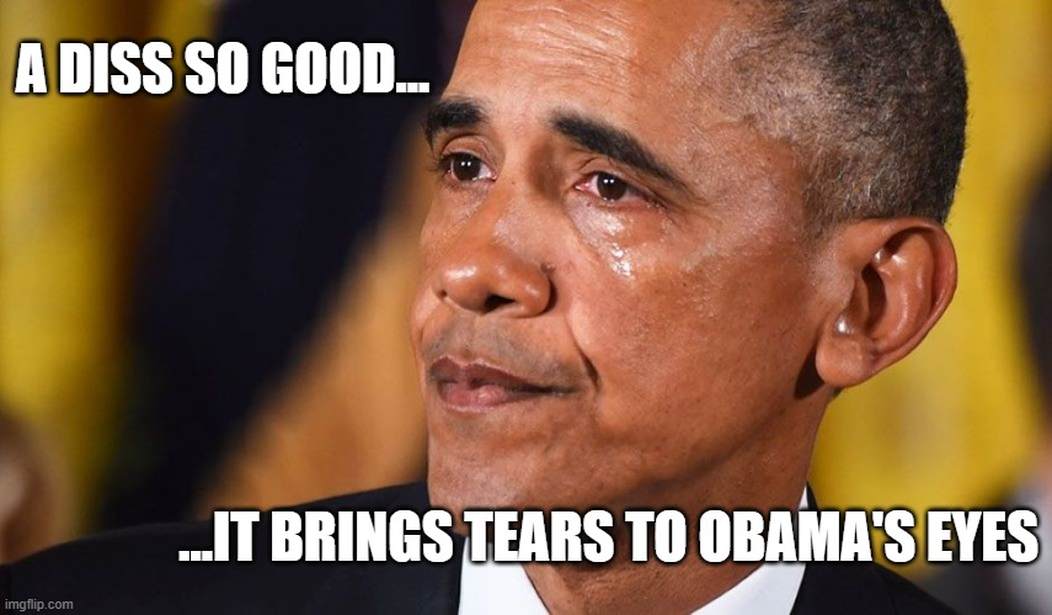Kevin Bass, an MD/PhD student at a medical school in Texas, wrote a surprisingly direct opinion piece at regarding the scientific community’s mistakes on the COVID reaction by the medical community and admits the posturing cost lives. More shocking, Newsweek published it.
Bass says, “As a medical student and researcher, I staunchly supported the efforts of the public health authorities when it came to COVID-19. I believed that the authorities responded to the largest public health crisis of our lives with compassion, diligence, and scientific expertise. I was with them when they called for lockdowns, vaccines, and boosters.”
“I was wrong. We in the scientific community were wrong. And it cost lives.”
What we did not properly appreciate is that preferences determine how scientific expertise is used, and that our preferences might be—indeed, our preferences were—very different from many of the people that we serve. We created policy based on ourpreferences, then justified it using data. And then we portrayed those opposing our efforts as misguided, ignorant, selfish, and evil.
We made science a team sport, and in so doing, we made it no longer science. It became us versus them, and “they” responded the only way anyone might expect them to: by resisting.
We excluded important parts of the population from policy development and castigated critics, which meant that we deployed a monolithic response across an exceptionally diverse nation, forged a society more fractured than ever, and exacerbated longstanding heath and economic disparities.
Our emotional response and ingrained partisanship prevented us from seeing the full impact of our actions on the people we are supposed to serve. We systematically minimized the downsides of the interventions we imposed—imposed without the input, consent, and recognition of those forced to live with them. In so doing, we violated the autonomy of those who would be most negatively impacted by our policies: the poor, the working class, small business owners, Blacks and Latinos, and children. These populations were overlooked because they were made invisible to us by their systematic exclusion from the dominant, corporatized media machine that presumed omniscience.
Most of us did not speak up in support of alternative views, and many of us tried to suppress them. When strong scientific voices like world-renowned Stanford professors John Ioannidis, Jay Bhattacharya, and Scott Atlas, or University of California San Francisco professors Vinay Prasad and Monica Gandhi, sounded the alarm on behalf of vulnerable communities, they faced severe censure by relentless mobs of critics and detractors in the scientific community—often not on the basis of fact but solely on the basis of differences in scientific opinion.
I was wrong about lockdowns and mandates. I was wrong and the reason I was wrong was my tribalism, my emotions, and my distorted understanding of human nature and of the virus. It doesn’t matter much, but I wanted to apologize for being wrong.
— Kevin Bass (@kevinnbass) December 13, 2022
Bass says his motivation is to restore public trust in science.
You can read the full op-ed here.




No comments:
Post a Comment